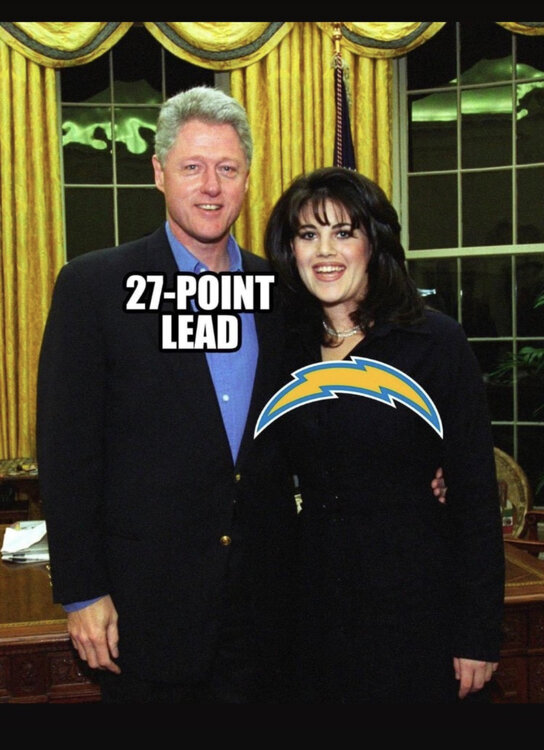So full disclosure I am not a financial pro, just a guy who likes personal finance and hopes to retire someday so everything I say could be full of shit…
I would argue it all still comes down to tax brackets; I’ll show my work…
I’ll use 2022/2023 401K and taxes
Let’s assume a MFJ couple earning $200k per year which puts them in the 32% marginal tax bracket.
They invest $22,500 in their 401k earning 8% yearly for 20 years they will have $104,872.
That $22,500 has 32% taken out of it before it can be invested as a Roth which leaves $15,300 to invest. Again growing 8% for 20 years the Roth is now $71,313.
In 20 years the tax man comes due. Let’s assume they withdraw the entire amount to live on that year. The Roth is easy its taxes free so they have the full $71,313. The pretax 401k isn’t so lucky, using 2022 taxes they will owe $19,004 in income taxes. Taking these taxes out the 401k is left at $85,868 approximately 20% higher than the Roth.
If this couple isn’t high earners but are just super savers and are in the 22% bracket the Roth ends up worth $81,800 so approaching the 401k.
The tiered tax brackets really help the 401k because you are only taxed 12% on the first $40k coming out of the account where your investments were assumed to go in at your full marginal rate.






